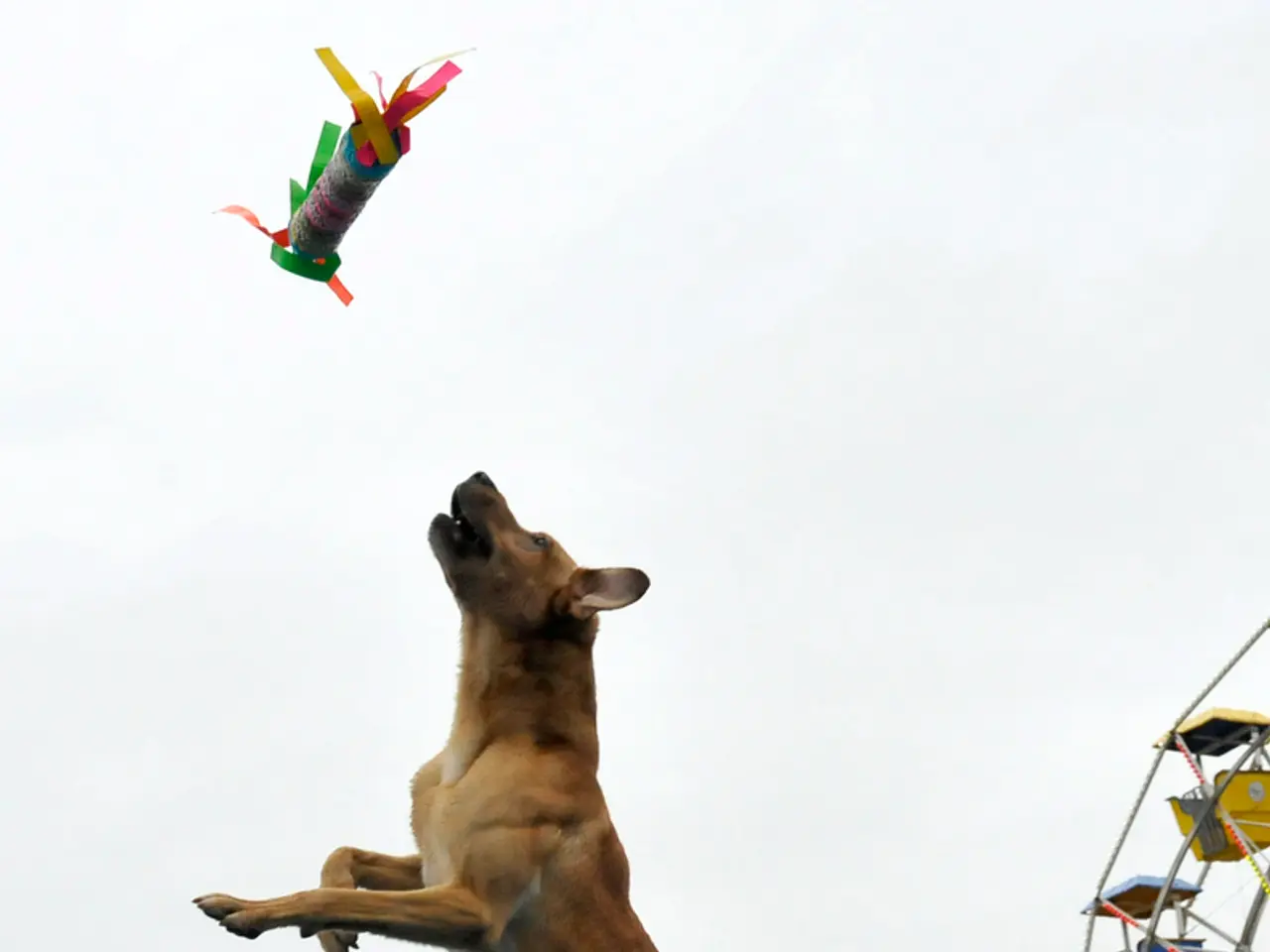What Causes a Dog to Sneeze?
Dogs may sneeze for various reasons, ranging from harmless play behaviors to potential health concerns. Here are the most common causes:
Environmental Irritants and Allergies
Exposure to pollen, dust, mold spores, or strong odors can trigger sneezing and nasal irritation in dogs. Seasonal allergies, much like in humans, can cause itchy skin, paw licking, and sneezing when dogs are outdoors, especially during spring and summer due to increased pollen levels.
Nasal Irritation and Play
Sneezing during play, often referred to as "play sneezing," is a normal behavior. It occurs when excitement, dust, or physical stimulation of the nose causes brief, soft sneezes.
Foreign Objects
Grass seeds, toy pieces, or other debris lodged in a dog's nasal passages can cause persistent or violent sneezing, often accompanied by pawing at the nose or signs of discomfort.
Infections
Both viral (colds, flu, distemper) and bacterial infections can lead to sneezing, often with other symptoms like nasal discharge, coughing, or lethargy.
Brachycephalic Breeds
Flat-faced breeds, such as pugs, bulldogs, and boxers, are more prone to breathing issues and may sneeze more due to anatomical abnormalities in the airways.
When to Be Concerned
While occasional sneezing is normal, certain signs warrant veterinary attention:
- Frequent or forceful sneezing outside of play or excitement
- Nasal discharge (especially colored or bloody)
- Pawing at the nose or visible discomfort
- Coughing, breathing changes, lethargy, or loss of appetite
- Persistent symptoms lasting more than a day or two
How to Treat Excessive Sneezing in Dogs
Mild or Allergic Sneezing
- Reduce exposure to allergens: Limit outdoor time during high pollen days, keep windows closed, and use air purifiers indoors.
- Wipe paws and fur: After walks, clean your dog to remove pollen and dust.
- Veterinary support: For persistent allergies, your vet may recommend antihistamines, medicated shampoos, or allergy shots.
- Humidifiers: Can help soothe nasal passages in dry indoor environments.
Suspected Foreign Object or Infection
- Veterinary visit: If you suspect a foreign object or infection, see your vet immediately. Foreign bodies may need removal, and infections often require antibiotics or supportive care.
- Diagnostic tests: Your vet may perform a nasal endoscopy or imaging to identify the cause.
Brachycephalic Dogs
- Monitoring: These breeds need close observation for any respiratory distress and may benefit from weight management and avoiding overheating.
- Surgery: In severe cases, corrective surgery may be necessary.
General Advice
- Hydration and nutrition: Ensure your dog stays well-hydrated and fed with a balanced diet.
- Environmental hygiene: Keep living areas clean and free of dust, smoke, and chemical irritants.
When to See the Vet
If your dog's sneezing is frequent or worsening, accompanied by other symptoms (discharge, coughing, lethargy), persistent without improvement after a day or two, seek veterinary advice promptly to rule out infections, foreign bodies, or other serious conditions. If your dog seems ill, keep him away from other pets until your veterinarian can confirm he is not contagious.
- Regular exposure to environmental irritants, such as pollen, dust, mold spores, or strong odors, can cause health-and-wellness issues in dogs, including sneezing and nasal irritation, especially during spring and summer seasons when pollen levels are high.
- In certain situations, such as exposure to foreign objects like grass seeds, toy pieces, or debris, or development of infections like viral or bacterial illnesses, dogs may exhibit persistent or violent sneezing that could require professional health-and-wellness treatment from a veterinarian.




